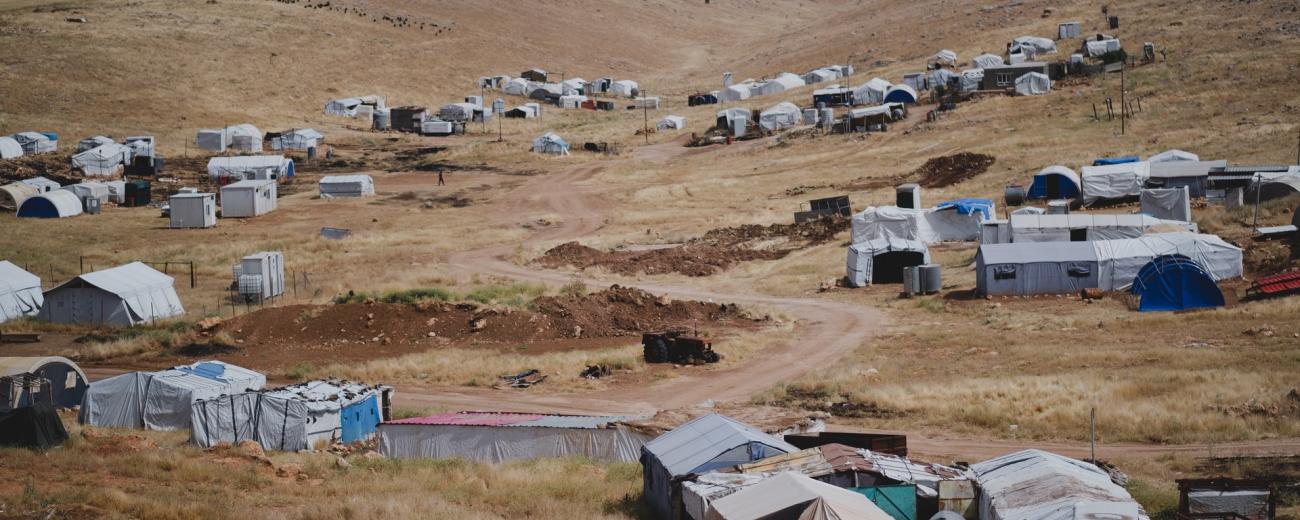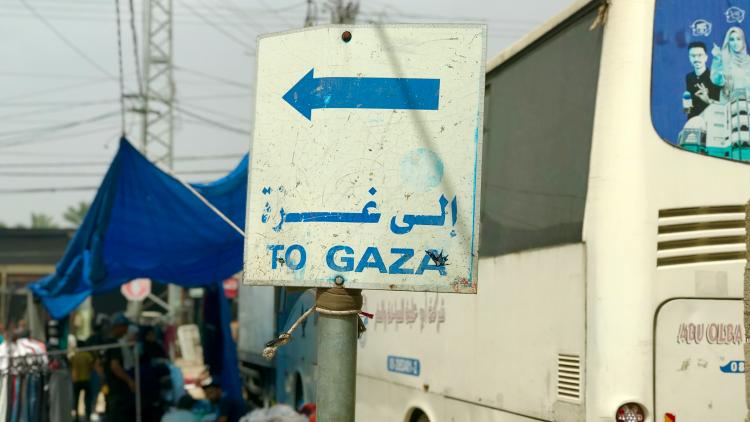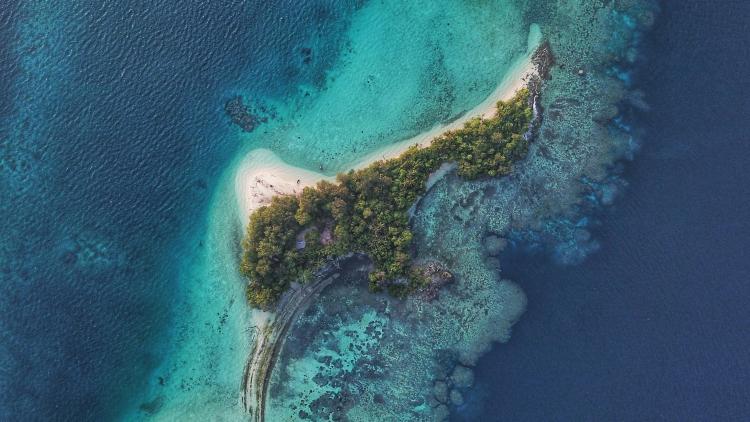MRes Law


Key information
- Duration
- 1 year
- Start of programme
- September
- Attendance mode
- Full time or part time
- Location
- On Campus
- Fees
-
Home: £16,370
International: £27,840 - Course code
- PSO-LAWRES1FD, PSO-LAWRES2PD
- Entry requirements
-
A 2:1 degree in a relevant undergraduate degree.
If you have a lower degree classification, your application may be considered if you can present a strong case, either through relevant work experience, other legal qualifications, or a strong supporting statement. References are not required, but can help build a stronger application if you fall below the 2:1 requirement or have non-traditional qualifications.
See international entry requirements and English language requirements.
Course overview
The MRes in Law aims to provide students with advanced skills in legal research, the ability to undertake high level analysis of law and legal issues with a focus on areas of research specific to the School of Law at SOAS, a grasp of the research methods that underpin the discipline and its place in the humanities and the social sciences, a grounding in legal research methods, and the ethics of legal research.
The MRres in Law is especially suited to candidates who wish to undertake a PhD or professional research in law. It prepares students to undertake high-quality research.
Why study MRes in Law at SOAS?
- SOAS is ranked 14th in the UK for Law (QS World University Rankings 2025)
- We're ranked 12th in the UK for Academic Reputation (QS World University Rankings 2025)
- Our research publications have been rated first in the UK - and our School of Law rated sixth in the UK - in the Research Excellence Framework (REF) 2021
- SOAS MRes in Law is a unique qualification that brings together in-depth training in research and research methods focused on the research done in the School of Law. This is combined with other courses that are specific to SOAS and often not available anywhere else
- The degree has been developed to meet the needs of both researchers and practitioners. The programme is thus ideally suited to prepare for a PhD in Law at SOAS, or alternatively as a stand-alone qualification, for instance, for jobs requiring in-depth policy research
Structure
Students must take modules to a total value of 180 credits, consisting of a dissertation (90 credits) and 90 credits of taught modules. Taught modules are worth either 15 or 30 credits.
Please note that not all modules listed will be available every year.
Important notice
The information on the website reflects the intended programme structure against the given academic session. The modules are indicative options of the content students can expect and are/have been previously taught as part of these programmes.
However, this information is published a long time in advance of enrolment and module content and availability is subject to change.
Compulsory
Guided options List A
Minimum 30 credits from List A
Open options
Students can take a maximum of 30 credits from the School-wide open options list, including languages.
Teaching and learning
The MRes in Law programme consists of 180 credits, made up of taught modules of 30 or 15 credits, taught over 10 or 20 weeks, and a dissertation of 90 credits. The programme structure shows which modules are compulsory and which optional.
Contact hours
As a rough guide, 1 credit equals approximately 10 hours of work. Most of this will be independent study, including reading and research, preparing coursework, revising for examinations and so on. It will also include class time, which may include lectures, seminars and other classes. Some subjects, such as learning a language, have more class time than others. At SOAS, most postgraduate modules have a one hour lecture and a one hour seminar every week, but this does vary.
Knowledge
- familiarity with legal approaches to research will be developed through lectures, seminar discussions, compulsory reading assignments, and the dissertation
- an understanding of the philosophical, ethical and political issues at the heart of law research (as well as possible solutions to such problems) will also be developed through lectures, seminar discussions, compulsory reading assignments, and the dissertation
- critical comprehension of theoretical and empirical literature will be encouraged through substantive courses, compulsory reading assignments, lectures, and seminars
Intellectual (thinking) skills
- planning and execution of an appropriate research design will be developed through independent projects, essays, and the dissertation
- understanding and utilization of appropriate research methods will be encouraged through independent projects (e.g. essays), oral presentations, and the dissertation
Subject-based practical skills
- the interpretation and critique of published research will be encouraged via compulsory reading assignments, synthetic/critical lectures, and regular seminar discussions, as well as long essays and the dissertation
Transferable skills
- an awareness of research resources available to social scientists will be provided via 1) the provision of detailed reading lists, which include, where appropriate, reference to on-line materials and 2) compulsory reading assignments which familiarize students with secondary sources
- an ability to write up and present the findings of analysis will be encouraged via long essays, coursework, exams, and the dissertation
SOAS Library
SOAS Library is one of the world's most important academic libraries for the study of Africa, Asia and the Middle East, attracting scholars from all over the world. The Library houses over 1.2 million volumes, together with significant archival holdings, special collections and a growing network of electronic resources.
Scholarships
| Title | Deadline date |
|---|---|
| Economic and Social Research Council (ESRC) Studentships | |
| Felix Scholarships |
Employment
SOAS Law graduates leave SOAS as civic minded and critically engaged individuals who can effectively contribute to their communities and societies. With a thorough understanding of the legal dimensions underlying many of our global challenges today, our Law students are valued by employers due to their analytical skills, specialist knowledge, and global perspective.
Careers
Recent graduates have been hired by organisations including:
- PwC LLP
- BLM Law
- BloombergNEF
- British Medical Association
- Clifford Chance
- DAC Beachcroft LLP
- Department for Work and Pensions
- EY
- HM Treasury
- Latham & Watkins
- Legal Cheek
- Simpson Millar Solicitors
- The Economist
- Travers Smith
- Vodafone
- World Cancer Research Fund
Find out about our Careers Service.













